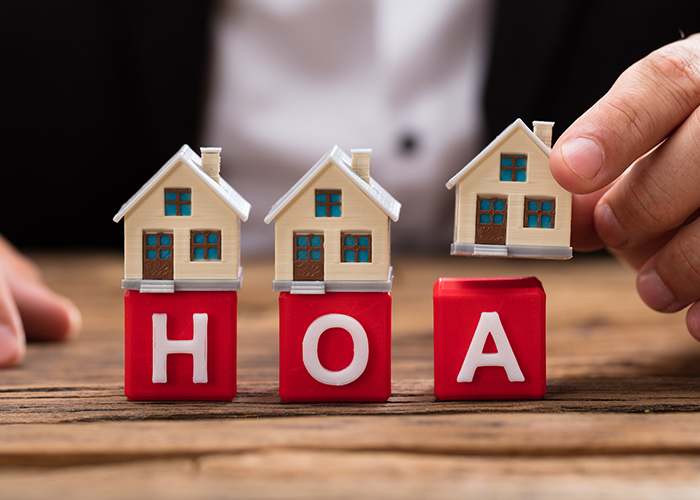
If you live in a homeowners association and have unpaid fees or fines, the HOA is empowered to collect that money by certain means. This includes placing a lien against your home. If you find yourself in this position, there are a few different options available to you.
File a Countersuit
This applies if you are withholding payment of your dues because the HOA has not upheld its contractual obligations. An example of this might be withholding payment because the HOA has failed to maintain certain common areas or provide certain amenities.
Oppose the Claim
If you are considering this option, talk to a lawyer. Each state has its own laws and regulations with regard to HOAs. Virginia, for example, has complicated real estate laws that can be tricky to understand. Contact a knowledgeable residential and commercial real estate lawyer Long Island to determine how to proceed.
Pay the Fees
If the amount incurred is legitimate and can be afforded, it should be paid off in full. If not, a payment plan can be requested, which will require board approval. Keep a copy of the request and follow up in writing.
Await Expiration
All HOA liens have statutes of limitations. The amount of time varies by state.
File Bankruptcy
Whether or not keeping the home is an option during bankruptcy depends on if a Chapter 7 or 13 is filed. Chapter 13 allows for catching up on past-due payments while still being responsible for current/new assessments. In a Chapter 7 filing, the HOA can still foreclose upon discharge.
Though HOAs have the ability by law to take certain actions, that does not mean their actions are always lawful or correct. Homeowners have rights and should not be subjected to the misdeeds of an errant board. HOA boards have a responsibility to uphold the laws that empower them, and those who do not cannot be allowed to govern. When in doubt, ask an attorney.